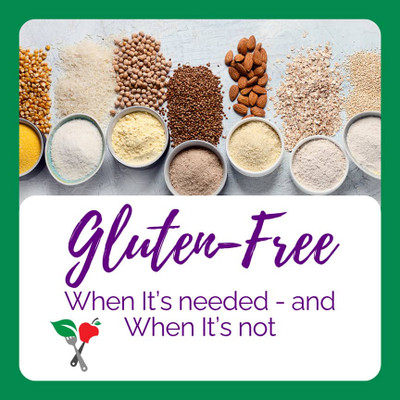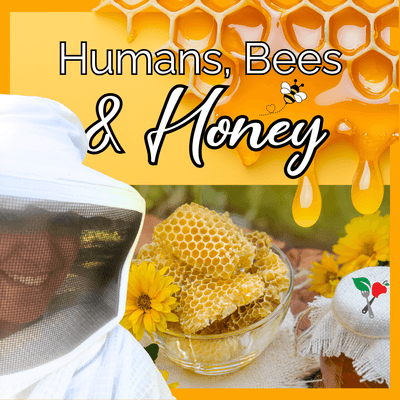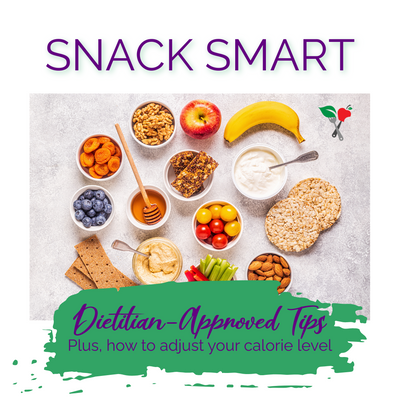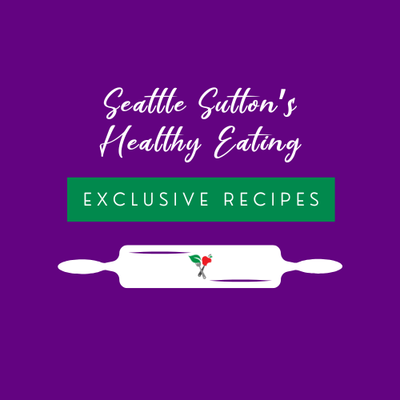Different Types of Vegetarian Diets
There has been a recent surge in vegetarian and plant-based diets. Many people are making the switch away from animal products for environmental and health reasons. Some studies suggest that a healthy vegetarian diet can help to lower blood pressure and LDL (“bad”) cholesterol, decrease body weight, lower cancer risks, and improve blood glucose in those with type 2 diabetes. A well-planned vegetarian diet can provide adequate nourishment for people in all life stages. However, with any eating plan the health benefits are dependent on food choices and portions.
Vegetarian is a broad term as there are many different types of vegetarian diets. What they all have in common is that they all focus on a variety of plant-based foods for good health. Let’s take a look at the different vegetarian diets from least restrictive to most.
1. Flexitarian: A flexitarian diet describes an eating pattern that is centered around plant-based foods including many fruits, vegetables, grains, legumes, nuts, and seeds. However, this plan is flexible, hence the name, and allows the inclusion of animal products in small amounts. There are different levels of a flexitarian diet but mostly individuals on this diet consume animal products 1-2 times a week.
2. Pesco vegetarian: Also known as a pescatarian diet. An individual following this diet forgoes meat and poultry but still includes fish. Some people choose to add fish to their vegetarian diet to receive heart-healthy benefits. Many pescatarians also include eggs and dairy products in their meal plans.
3. Lacto-ovo vegetarian: “Lacto” means milk and “ovo” means eggs. On this diet, eggs and milk are included as protein sources. Most vegetarians follow this style of vegetarian eating. They still include a variety of beans, nuts, seeds, and produce but avoid meat, fish, and poultry. Some people may be strict lacto-vegetarian or ovo-vegetarian, meaning they would include milk or eggs respectively.
4. Vegan: A vegan diet is the strictest form of vegetarian diet as it includes no animal derived products. There would be avoidance of all meat, poultry, fish, eggs, and milk. Many vegans also avoid other foods associated with animals such as honey, refried beans containing lard, marshmallows made from gelatin, baked goods made with butter, and food flavored with meat extract. Statistics show that about 2% of people follow a vegan diet and the majority of them are millennials.
A plant-based diet is a broad term and mainly refers to an eating plan that is low in fat, high in fiber, and focuses mainly on plant foods. These diets may or may not include animal products but the majority of the diet would be plant focused.
The plant-based vegetarian meals at Seattle Sutton's Healthy Eating include milk and egg products. We do not include any meat, poultry, or fish products on our vegetarian plan. Choosing our healthy, portion and calorie-controlled vegetarian plan takes the guesswork and advance preparation out of following a plant-based diet.

Interested in eating healthy? Hungry for more?








 Weight Loss
Weight Loss Health & Wellness
Health & Wellness Diabetes
Diabetes Heart Health
Heart Health Motherhood & Family
Motherhood & Family Dietary Restriction
Dietary Restriction Other Health Conditions
Other Health Conditions About SSHE
About SSHE


